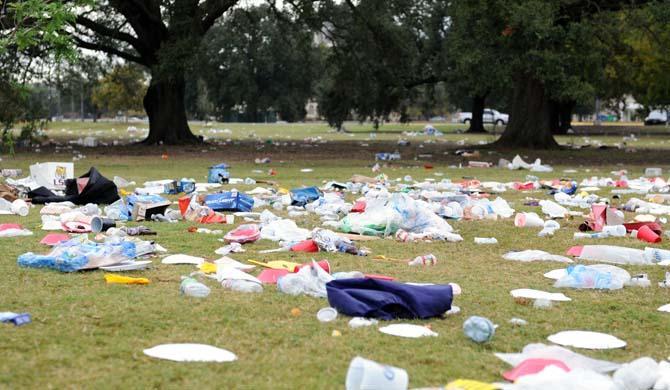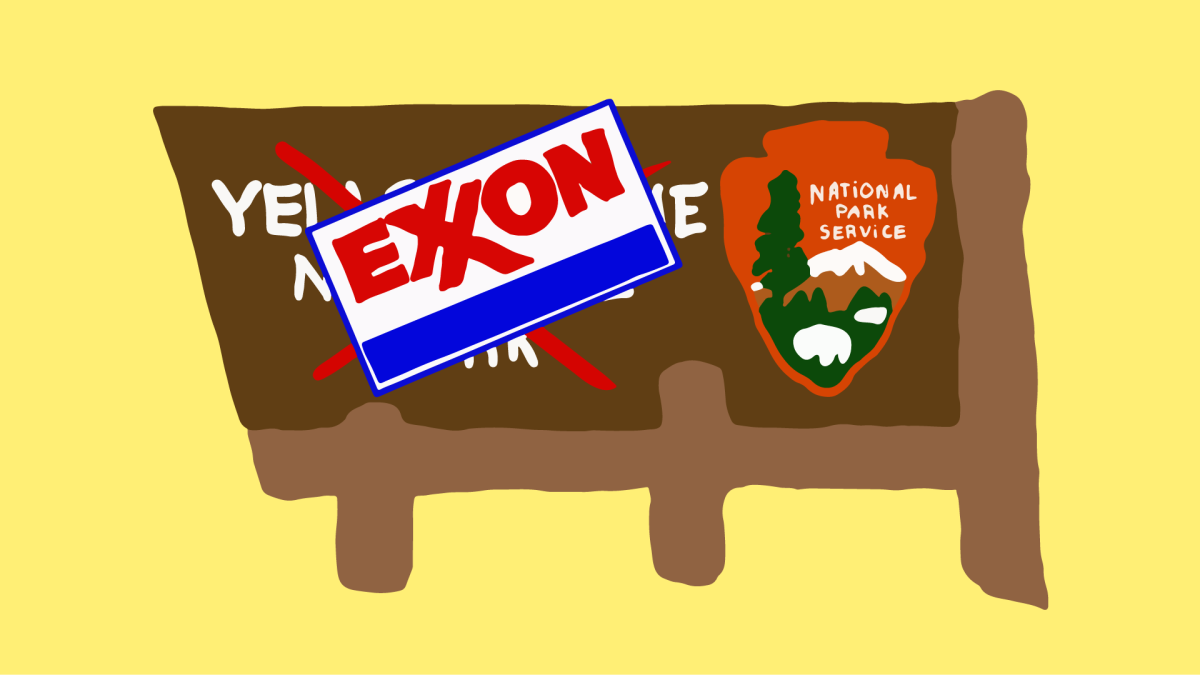I would not be surprised if a Louisiana law eventually requires litterbugs who exceed the state’s three littering offenses to serve jail time.
According to Keep America Beautiful’s National Visible Litter Survey and Litter Cost Study, over 51 billion pieces of trash can be found on roadways throughout the U.S. each year. $11.5 billion is spent annually cleaning up littered roads. $9.1 billion of the annual amount spent removing roadway litter is not paid by litterers but by governments, schools and profit or non-profit organizations. This does not include the amount it costs to remove countless pieces of harmful trash plaguing our oceans and waterways.
It is shameful money must be spent cleaning up trash residents are too lazy to recycle or dispose of in the garbage. Further, it is disappointing funds that are used to remove litter prevent in helping solve more complicated issues such as inadequate infrastructure, the opioid epidemic, healthcare, education and tax reform.
The detriments littering inflicts extend the undesirable landfill scenery states like Louisiana are gradually transforming into. The National Visible Litter Survey and Litter Cost Study revealed tobacco products are the most roadway littered items, followed by paper, which takes two to five months to biodegrade, and plastic, which biodegrades after 10 to 20 years.
Cigarette butts are the most littered item in the Pelican State. According to Louisiana Wildlife and Fisheries, cigarette butts harm wildlife and have been frequently found in the stomachs of poisoned cats, dogs, birds and squirrels. These hyper-toxic products contain chemicals such as arsenic used to kill rats and lead known to damage animals’ central nervous systems.
Unlike harmless orange peels which biodegrade after six months, it takes cigarette butts roughly two years to decompose by 38%. This slow process allows the toxic product, along with other popular Louisiana litter items like fast-food packaging and beverage containers, time to invade Louisiana’s drains, waterways, backyards and sidewalks.
Litter clogs storm drains, which creates massive flooding. Clogs block the drainage pipes and cause them to burst. As a result, homes and businesses are affected by flood damage, which devalues estates. Further, ecotourism and tourism decrease. Trash that does pass through drains enters lakes and rivers. Like land animals, indigestible litter, often mistaken for food, accumulates within the digestive tracts of marine animals and can kill them. Some animals are seriously wounded or die by getting trapped in litter.
Humans experience serious health problems from litter. Flooding spreads diseases like typhoid, cholera and malaria. These diseases come from deadly pests such as rats and mosquitoes that are attracted to litter that constantly contaminates drinking water.
Plastics and paper are flammable items. Smoke’s microscopic particles can penetrate the lungs, causing eye and nose irritation, chronic coughing and heart or lung disease.
It costs taxpayers $40 million annually to collect and dispose of litter, enforce litter laws, resolve litter violations, and conduct anti-litter public information and education programs. Although there are taxes to aid and prevent future litter destruction, it does not solve the problem. Residents continue to see cities within Louisiana as landfills.
The main reason litter remains a perpetuating issue in Louisiana is because residents are not given harsher penalties when they are caught. Residents convicted of littering for the first time are fined $500 and must serve eight hours of community service in a litter abatement program. Second-time law breakers pay $900 and must serve 20 hours of community service picking up litter. The third and final offense requires litterbugs to pay $2,500, serve 80 hours of community service and have their driver’s license suspended.
Residents who litter tobacco products are fined $300 and sentenced to eight hours of community service upon first conviction. Litterbugs are fined $700 and must serve 16 hours the second time they are convicted. Upon third conviction, they are fined $1500, must serve 80 hours of community service and have their driver’s license suspended for a year.
It is necessary litterbugs are penalized with a fine in the thousands, at least a year of community service and a yearlong suspended driver’s licenses on first offense alone. Litterbugs without a driver’s license should be required to pick up litter for two years in place of not obtaining one. Second and third convictions should doubled by one thousand. Tobacco products must not be separated from general litter because it is very toxic and is not less harmful than general trash.
I understand stricter laws will not stop every resident from littering. Often, litterbugs are not caught because there are no Louisiana police specifically patrolling littering. This is why it is vital Louisiana passes an extended law requiring Louisiana-owned companies and stores to sell compost products at a reasonable price and non eco-friendly items at a higher price. As a result, majority of litter from uncaught litterbugs can biodegrade quickly.
Some litterbugs will continue to carelessly drop pieces of trash, but these potential laws will help prevent further harm to the environment, animals, others and themselves.
Jasmine Edmonson is a 21-year-old mass communication junior from Denham Springs, Louisiana.
Opinion: Louisiana littering laws are inadequate, should be updated
August 25, 2019
Trash litters the grass beside Nicholson Drive the morning after gameday.







